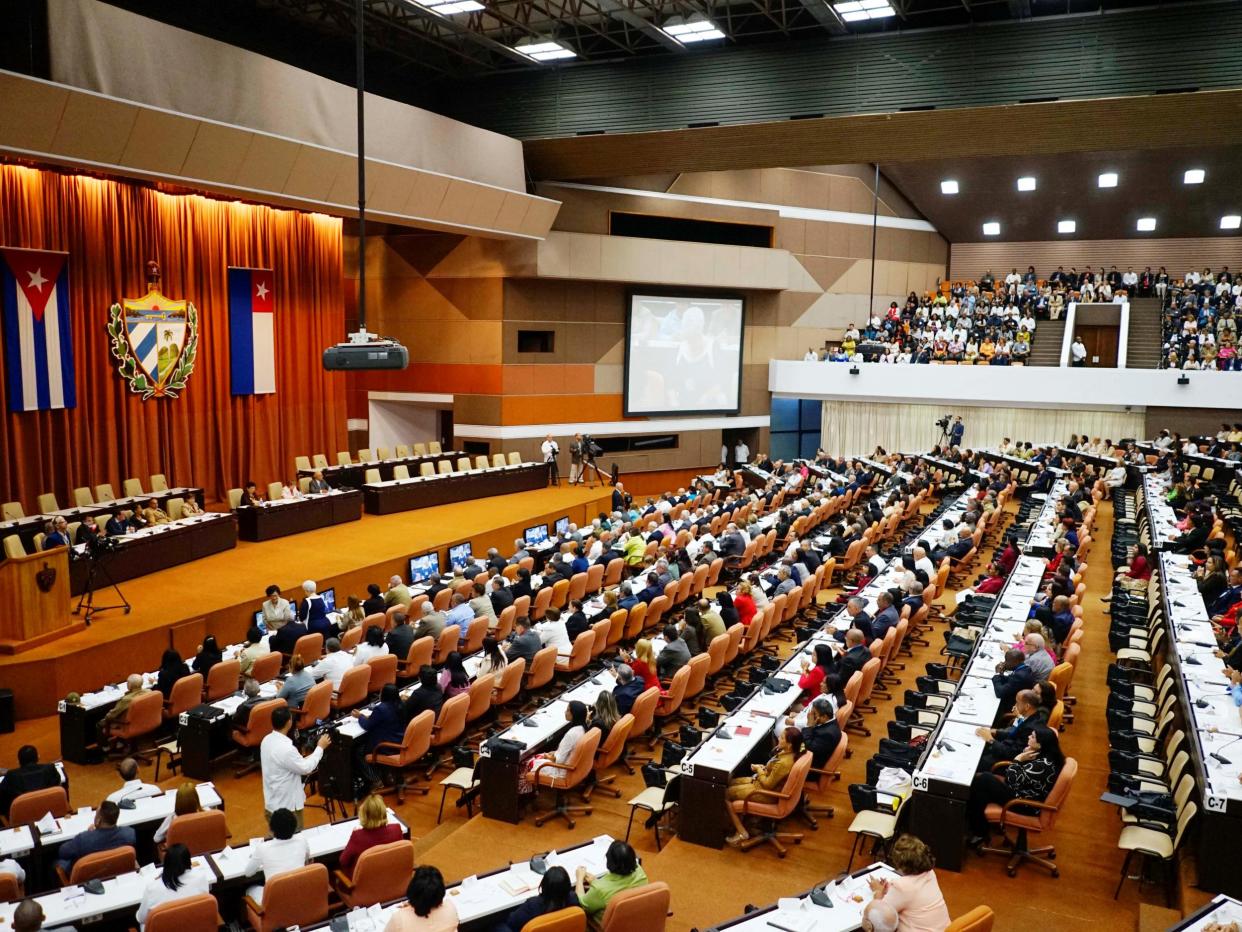Cuba to recognise private property and free market for first time under new constitution

Cuba is set to officially recognise the free market and private property for the first time under sweeping reforms to its constitution intended to boost the island’s economy.
Property sales were banned after Fidel Castro came to power in 1959, but are now allowed following a law change in 2011.
The new reforms also include the introduction of the presumption of innocence in the island’s justice system and the creation of the position of prime minister, alongside the existing president.
The changes to the 1976 constitution are expected to be approved at a national assembly vote next week and then put to a referendum for final approval later this year.
Officials say the 1976 charter does not reflect changes made in Cuba in recent years, although the new constitution will keep the Communist Party as the sole political force in the country.
“The experiences gained in these years of revolution” and “the new paths mapped out” by the Communist Party are some of the reasons for reforming the constitution, the official Granma newspaper said.
The new constitution will maintain rights such as religious freedom but will also make explicit the principle of non-discrimination due to gender identity.
The text released in Granma did not specify to what extent the state would recognise same-sex marriages.
Additional reporting by Associated Press

